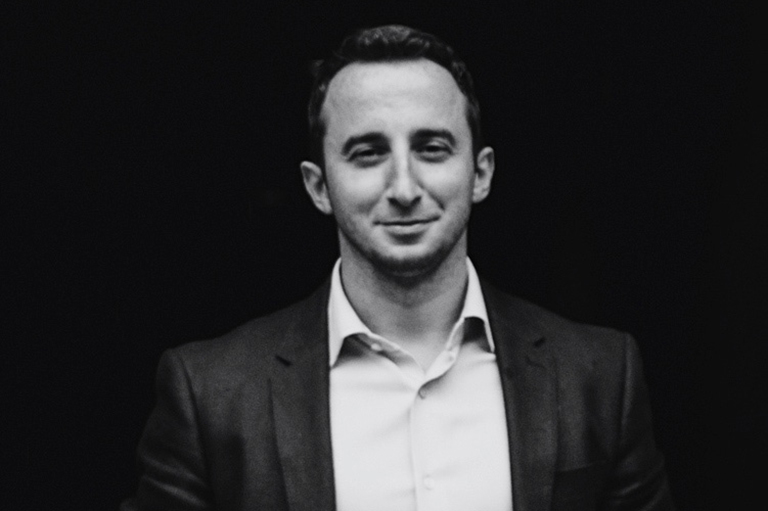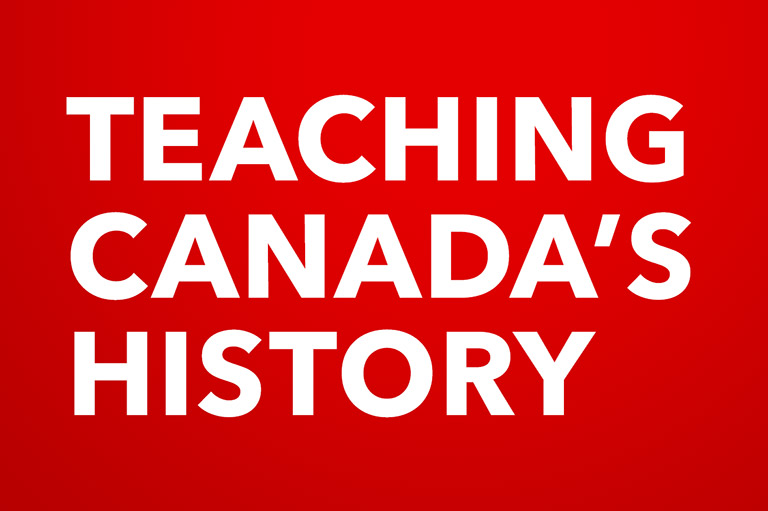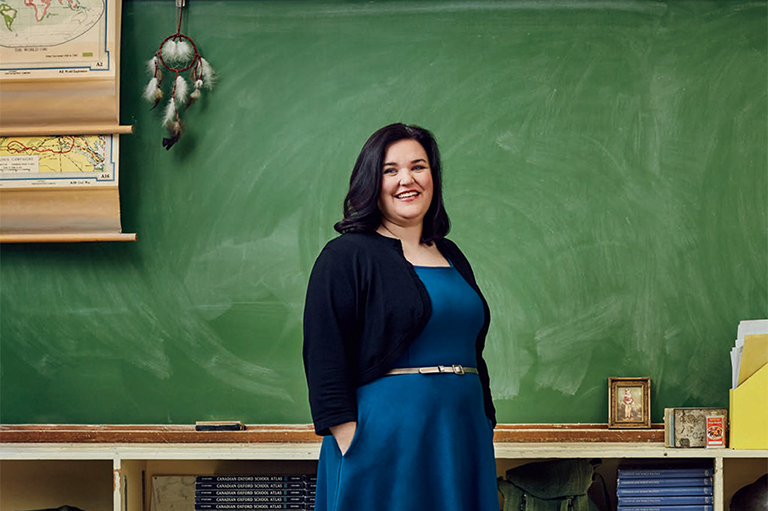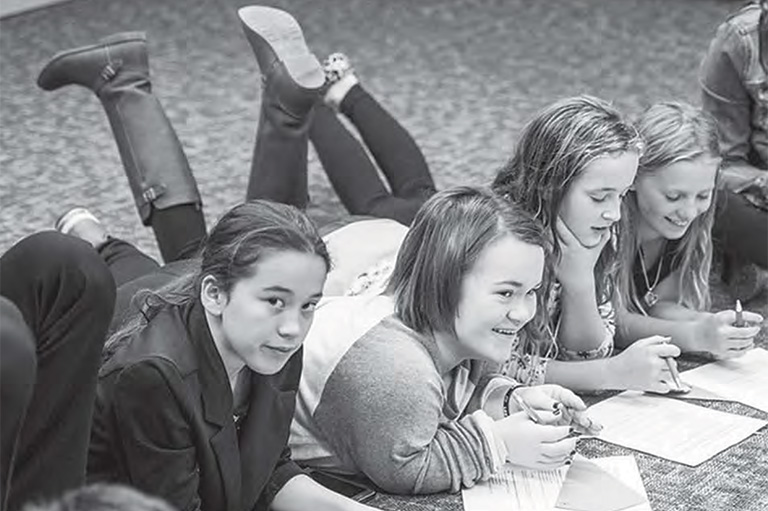History as a Usable Currency

It’s the middle of the afternoon and Jeremy, already sitting at the edge of his seat, leans in closer. The topic, the On-to-Ottawa Trek, seemingly piquing his interest, has also caught the attention of his classmates. Jeremy’s voice rises as he presses further.
“But why isn’t it Toronto?”
He can’t believe anyone would ever want to travel to Ottawa for anything.
I pause, considering my next words. “Well why should it be Toronto?”
“Because it’s Toronto.”
A cacophony of dissension follows, spreading like wildfire. The disagreement centres on a variety of issues. Didn’t I know that it’s too cold in Ottawa? Didn’t I know it’s too far north? Didn’t I know that their sports teams aren’t as good as ours?
“Has anyone here ever been to Ottawa?” I counter. Silence; a small victory.
“Let’s continue.”
It’s on these occasions that I may hear a different kind of f-word – fun – slip out.
Inquiry based learning can be a type of controlled chaos at the best of times, but with these students, the chaotic element is sometimes more prominent. My students, either expelled or suspended, make up 2.78 per cent of Ontario’s student population, according to Ontario’s Ministry of Education. Close to a quarter of the students have an identified special education need, and in my program, a significant majority are students of colour. An inherent conflict exists when teaching Canadian history to youth facing criminal charges, institutional racism, and poverty. On some level it’s about teaching a shared narrative that they don’t feel a part of.
But for many of my students, these common historical touchstones are not shared, or reflective of their experiences. Conversations with them disrupt my own understanding of Canadian history, where distance can be both temporal and geographic. This, more than anything else, changed how I teach Canadian history.
Who my students are and where they live matters, historically speaking. Considering that larger historical narratives are made up of individual human experiences, I root lessons in the experiences of my students’ families, and work from there. Toronto housing projects like Glendower, Crescent Town, Regent Park, the Esplanade, and Lawrence Heights all have unique histories, and represent various approaches to nation building, reflecting how history shapes even their physical communities. The width of streets in Scarborough in east Toronto, as compared to streets in downtown Toronto near Yonge and Gerrard streets, can serve as an entry-point into historical inquiry, highlighting the role of the automobile in Canadian history, geographically and economically.
Students arrive in our program for a variety of offences, many of which threaten to overshadow their lives. Studying history can offer them a form of perspective from which to better understand their lives, particularly through the lens of Continuity and Change. A common observation they make is that while Canada carries with it the legacies of historical injustice such as the Residential School System, it remains a country of promise.
“Maybe things will get better for me, too,” Jeremy muses. While exploring Toronto’s Great Fires of 1849 and 1904, students invariably list all the benefits of Toronto’s location, pointing to its present day form as evidence of a good decision to create a city in this location, despite the fires. I invited my students to apply that same analysis to their lives, identifying the metaphorical fires that threaten them, and listing the reasons they will be worth the effort in the long run.
I believe it is my moral duty to engage my students in broader conversations concerning the future of our country. My students need what Peter Seixas, in his article "What Is Historical Consciousness?" calls usable history, to help them develop their present communities. Considering all the systemic barriers they face, usable history is a valuable currency for my students in an increasingly complex and unjust world.
“Do you like history?” I ask.
“No,” our new student confides, “it’s boring.”
Doomed to repetition, is how history is often described. But I’m ready to do things differently.
“You ever been to Ottawa?”
Themes associated with this article
Advertisement




